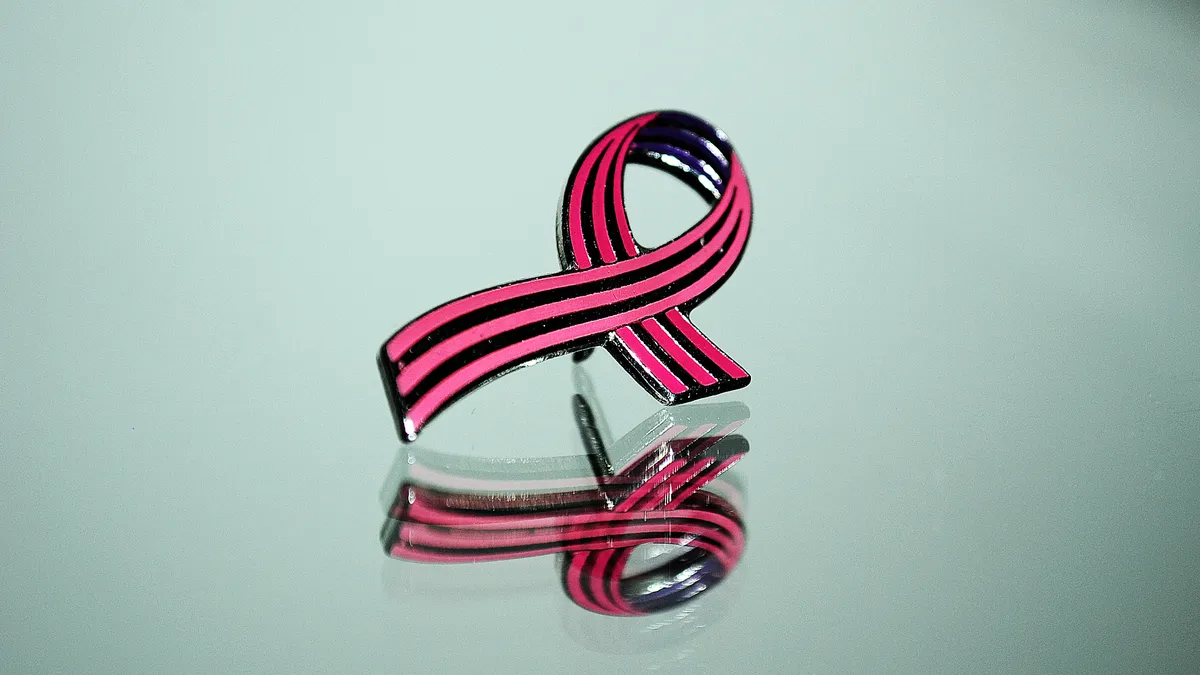Dive Brief:
- About 1 in 3 cancer survivors in the U.S. reported "job lock" either for themselves or their spouses, according to an April 23 study published in JAMA Oncology.
- Researchers defined job lock as the inability to freely leave a job given limitations on health insurance portability. Younger cancer survivors and those with incomes between 138% and 400% of the federal poverty level ($12,760 for individuals) experienced a higher prevalence of job lock compared to other groups. Members of the latter group are also ineligible for Medicaid, and they may have fewer employment alternatives with comprehensive benefits, researchers said.
- The results suggest that job lock "is common and has implications for the well-being" of cancer survivors and their families, researchers said. According to the study, job lock can negatively affect career trajectory and quality of life, while spouse or partner job lock can also affect family well-being.
Dive Insight:
In the past, job lock has been referenced in political and economic debates regarding health insurance reform.
A 2015 AARP report, for example, said one of the goals of the Affordable Care Act (ACA) was to change the individual health insurance market so as to "eliminate most of the effects of job lock on the labor market." The April 23 JAMA Oncology study said that while the ACA eliminated preexisting condition exclusions and created exchanges for purchasing insurance coverage outside of work, it is "unknown" whether the law's provisions will reduce job lock.
Similarly, a 2019 final rule enacted by the Trump administration, which changed the regulation of health reimbursement accounts and other account-based group health plans, had the goal of adding flexibility for workers and reducing job lock, HR Dive sister site Healthcare Dive reported — but this is also disputed by observers, the publication said.
Past research indicates employees who have cancer or who are survivors may be hesitant to disclose their condition. A 2018 survey by the nonprofit organization Cancer and Careers found that only 26% of cancer patients and survivors said they had shared their diagnosis with their HR department. In a 2019 survey of working adults in the U.S. by the same organization, 89% of respondents said managers could have done more to be supportive of workers with serious health conditions.
On top of providing information on company healthcare benefits, HR practitioners can support employees who have received a cancer diagnosis by showing their interest and concern, according to a tip sheet co-authored by the American Cancer Society and Business Group on Health. Employers might also consider implementing policies like flexible schedules and work arrangements that allow employees who have cancer time to go to appointments and receive treatments.













